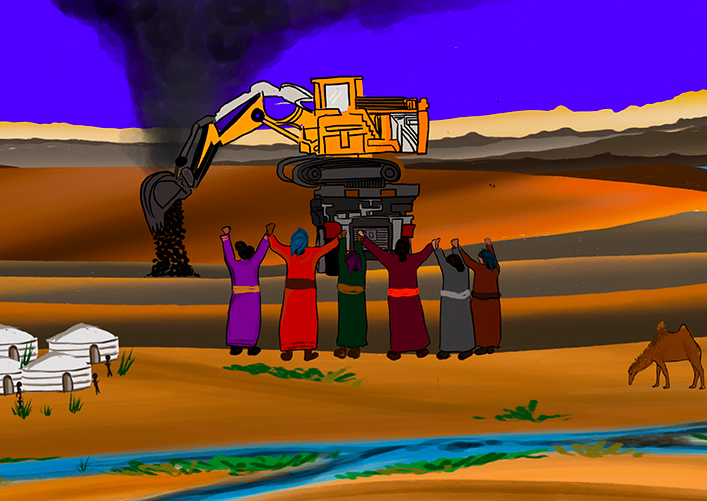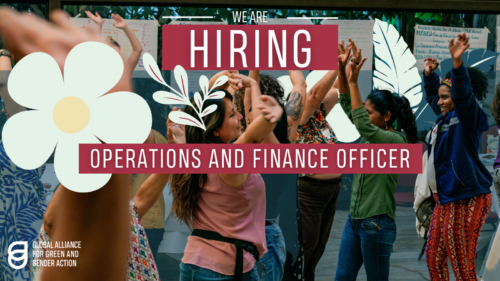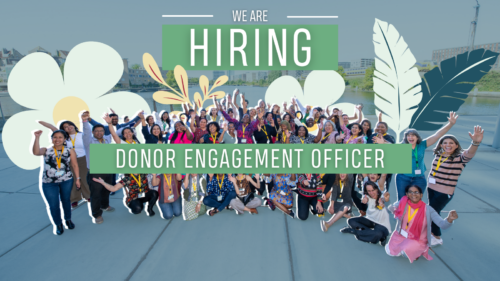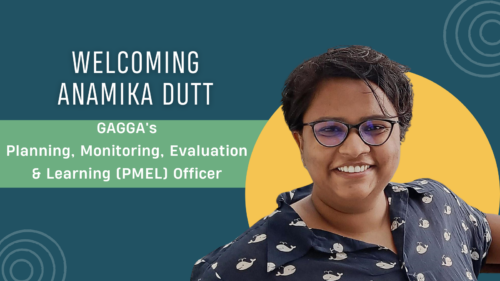Female herders in Mongolia protect their oases from mining companies

Two decades ago, Ömnögovi was the least populated province in Mongolia. Now, after a mining boom that made Mongolia the fastest-growing economy in the world in 2011, people from across the country travel to this mineral-rich area to work in the coal, gold, copper and silver mines that carve up the landscape. The mining industry, with its machinery, dust clouds and constant flow of lorries, operates alongside traditional herding lifestyles.
Mongolia has a tradition of nomadic pastoralism dating back thousands of years. Currently about one quarter of Mongolian households live as herders and rely on animal husbandry as their primary livelihood source by selling animal products — including meat, wool and cashmere. Without their animals, they cannot pay for basic needs.
Traditional herding uses intergenerational knowledge of regional water supplies to overcome land and water shortages. This means pasture and water sources for herds and herders are critical natural resources. Climate change impacts — like drought and desertification — have already dried up hundreds of Mongolia’s rivers and lakes in an already semi arid country.
Now that the country is shifting away from an economy based on agriculture and herding to one based on mining, herding communities are seeing the impact on their land and water. Mining requires huge amounts of water for processing and contaminates the water with mercury, cyanide, elevated pH and metals among others.
Women in the affected nomadic communities came together in friendship groups to represent local families and take legal action against the mines. Surenkhuu, a member of the Tost Friendship Group in Ömnögovi, writes about her experience below.
Currently, there are a total of 20 mining companies operating in our soum (district) extracting coal, gold and stone. Four big coal mining companies are using our drinking water to remove sulphur from the coal and a total of 14 rivers near the mining sites have disappeared. The water level of the well for herders has been decreasing lately along with shrinking pasture land and an increase in desertification. This has adversely impacted people like me who have livestock and are nomads.
Women’s workload has increased because husbands have left home to work in mining. The mining companies have also taken lands from the nomads and provided insufficient or no compensation at all. Some nomads are being displaced to the soum center, which is a small administrative unit in Mongolia. Unfortunately, there are no jobs or sources of livelihood there. Some herders have lost their animals and land completely while some of them have sold their animals and gone to work in the mines, but they are experiencing occupational health problems and mine accidents. Traditional nomadic culture is dying out due to this displacement.
We, as a community and as a women-led friendship group, are protecting the water. Eight women-led friendship groups represent 200 families of Gurvan Tes soum in Umnugobi province. In 2020, the friendship groups united and obtained the status of an NGO that works towards environmental justice.
The oases are very important as they provide drinking water for us and for livestock. Protecting the oases is also vital to protecting scarce grasslands in the Gobi Desert. The friendship groups filed a complaint to the court to protect two oases from new mining companies who tried to start their operations nearby. Until the court decision is made, we have managed to temporarily stop the extraction activities. However, most of the time, the court makes a decision in favour of the mining companies.
We are also lobbying the Government to recognise these oases as protected natural areas. We now receive support from civil society organisations and human rights activists, and we are able to connect human rights issues with environmental protection.
The NGO consisting of the eight women-led friendship groups is supported by the Mongolian Women’s Fund (MONES), who is a partner of the GAGGA network.
Illustration by @Vidushiy.

We Are Hiring: Operations and Finance Officer!
DEADLINE EXTENDED! Are you passionate about ensuring efficient financial management and operational excellence to support transformative work in climate, environmental,…

We Are Hiring: Donor Engagement Officer!
DEADLINE EXTENDED! Are you passionate about cultivating relationships and securing funding to support transformative work in climate, environmental, and gender…

Welcoming Anamika Dutt As GAGGA’s Planning, Monitoring, Evaluation & Learning (PMEL) Officer!
Anamika Dutt is a feminist MEL practitioner from India. Anamika believes that stories of change and impact are best heard…
Subscribe to our newsletter
Sign up and keep up to date with our network's collective fight for a gender and environmentally just world.
